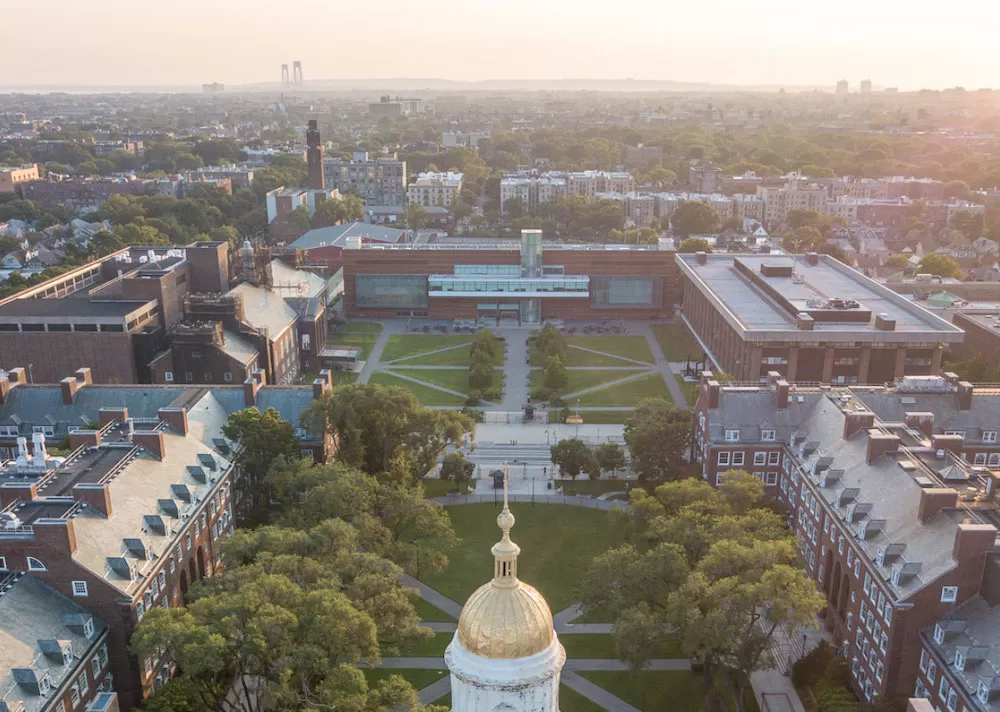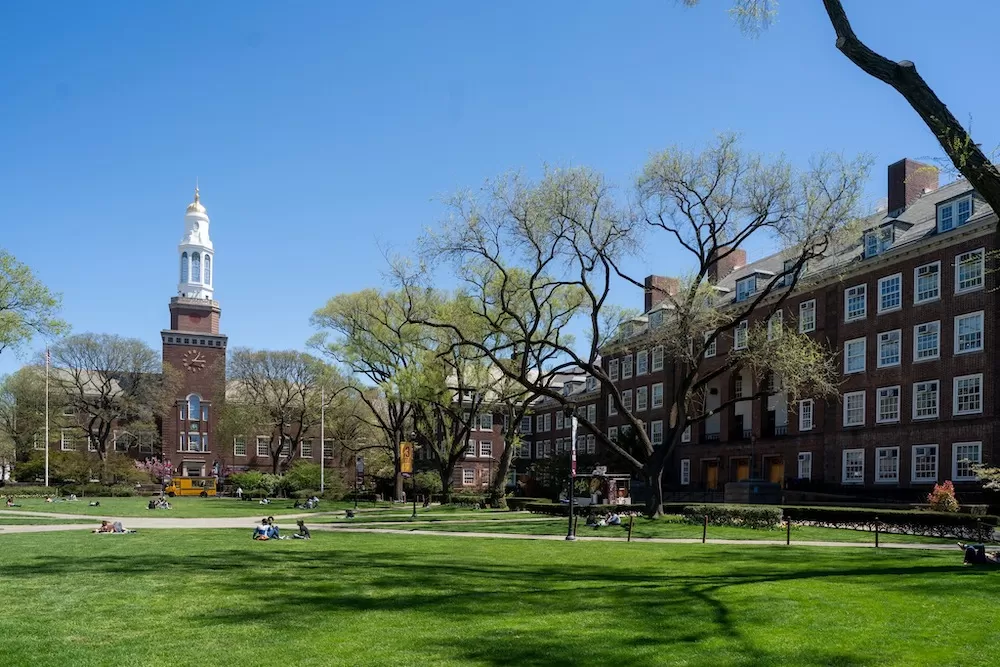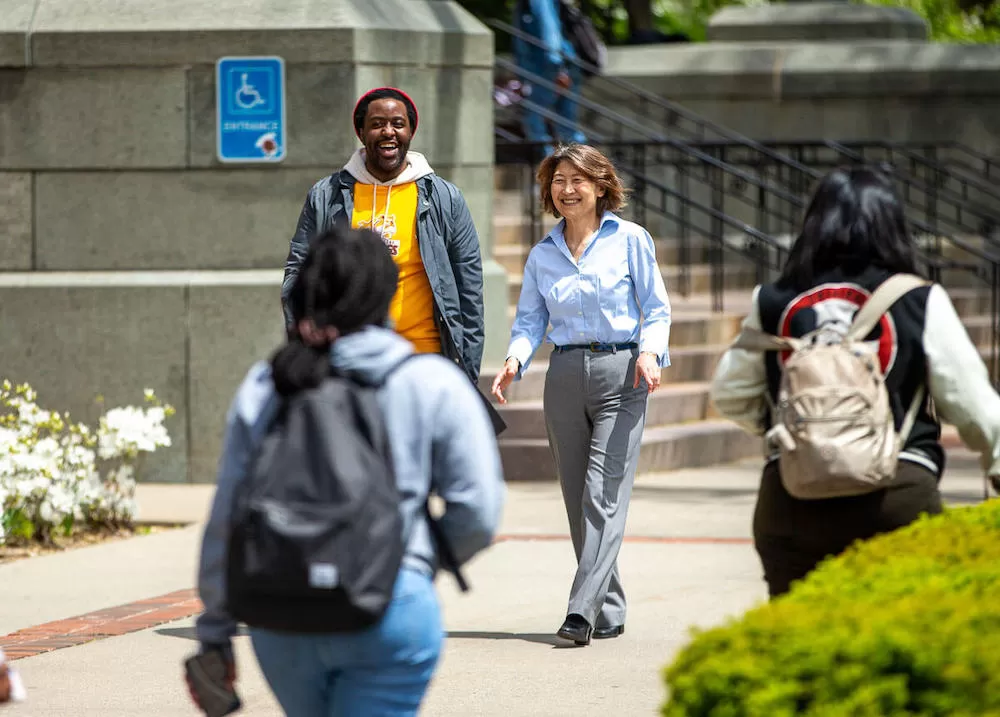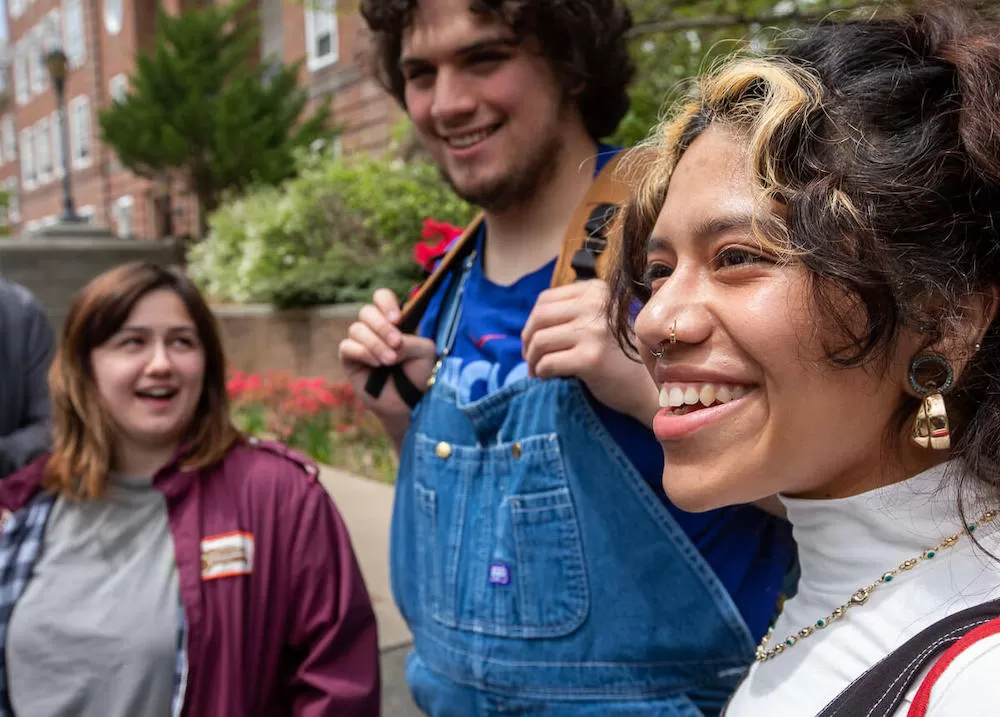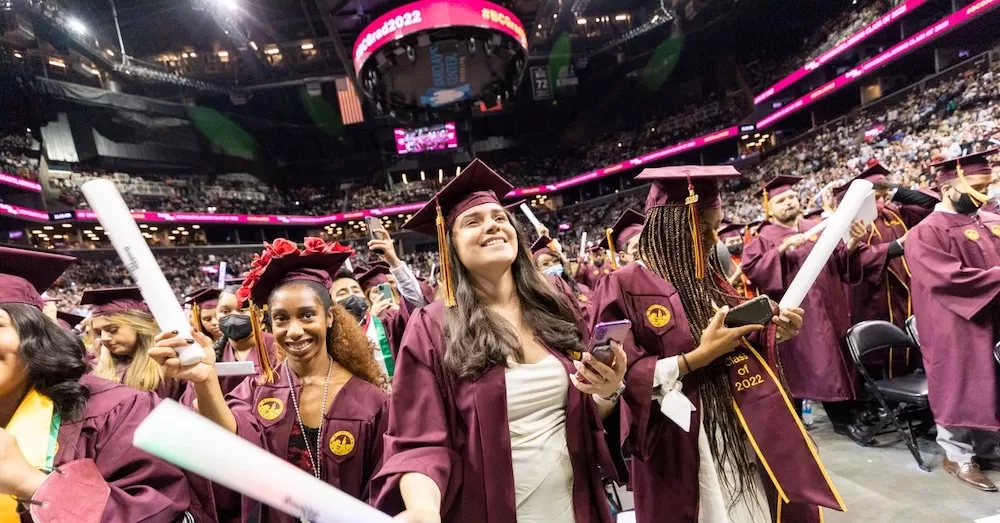Brooklyn College proves that not all the prominent and prestigious places are in Manhattan. This college is all about intellectual freedom, creative purpose, and cultural revolution. It might not be the biggest school in the city nor is it an Ivy League school like some of the others in the state, but it remains an exciting hub of education and creativity. Even with its years-long history, Brooklyn College is still at the forefront of innovation. It has always allowed its students to go above and beyond and to break barriers along the way.
Source: Brooklyn College Facebook Page
History of Brooklyn College
Brooklyn College is the result of the convergence between the Downtown Brooklyn branches of two separate higher educational institutions. The first is the City College of New York (CUNY) branch, which served as a men's college at the time. The second is the Hunter College branches, which served as a women's college at the time too. In 1930, the New York City Board of Higher Education authorized the combination of the two college branches and thus, Brooklyn College was born. It became the first co-ed liberal arts college in
New York City, though it initially separated the men's and women's classes until the junior levels.
What Does Brooklyn College Look Like?
Brooklyn College is located on Bedford Avenue, the longest street in the borough. With parts of it spilling over Williamsburg, one of the more residential
neighborhoods in New York City, the campus is fairly wide and massive. It even boasts plenty of green spaces, which is unique considering that the school is in the middle of one of the busiest boroughs of the Big Apple. At the same time, some of its facilities have even become fairly famous too. The Brooklyn College Library, for instance, is known for its striking design by architect Randolph Evans.
Source: Brooklyn College Facebook Page
The Brooklyn College Student Body
Despite how popular it is, it's fairly surprising that Brooklyn College doesn't have the biggest student body, even in the borough alone. The school welcomes a little over 14,000 students per year, far fewer than the city's other, more prominent higher educational institutions that have as many as 20,000 to 30,000 enrollees. This student body is also composed of both new students and those returning who haven't graduated yet. To break it down even further, the students are made up of around 12,000 undergraduates and 2,000 postgraduates.
Brooklyn College's Best Programs and Courses
Brooklyn College may be known as one of the biggest liberal arts schools in New York City, but its top majors show otherwise. For the most part, the school's top academic programs are Business, Accounting, Computer Science, and Finance, among many others. All of these almost make it seem like Brooklyn College is a prominent business school, and for many, it is. However, the school remains famous for its numerous liberal arts programs. From Acting and Music to Art History and Philosophy, the college remains at the forefront of culture.
Source: Brooklyn College Facebook Page
Brooklyn College’s Prerequisites
With an acceptance rate of around 54.6%, it's safe to say that getting into Brooklyn College is far from the hardest. It also helps that even its prerequisites are pretty standard. Apart from needing a high school diploma (for undergraduate applicants) or at a minimum, a Bachelor's Degree in any related field (for postgraduate applicants), you'll also need at least a GPA score of around 3.4. This is a little lower than other schools' requirements, which are looking for a minimum GPA score of 3.5. Some majors, however, will need more requirements such as specialized tests, portfolios, admission interviews, and more.
How Much Does It Cost to Study at Brooklyn College?
Is it expensive to study at Brooklyn College? In the grand scheme of things, yes, it is. With that said, exactly how much you pay for your studies here will depend on your specific situation. Your residency plays a part in it, for example. The college's undergraduate courses cost around $3,465.00 per semester for local New York State resident students and $620.00 per credit for out-of-state and international students. Full-time flat rates don't apply to the latter. For graduate students, the tuition fees are $5,545.00 per semester for local New York State resident students and $855.00 per credit for out-of-state and international students. Again, full-time flat rates don't apply to the latter.
Source: Brooklyn College Facebook Page
Where is Brooklyn College in New York City?
True to its name, the college is located in the Brooklyn
borough of New York City. The campus is along Bedford Avenue, the borough's longest street, and parts of it span across Williamsburg. This hip neighborhood is known for its bohemian energy, characterized by the hipster cafes, indie boutiques, and cool bars in the area. Such an environment is perfect for this famous liberal arts college, which welcomes students bursting with creativity. And since Williamsburg is also largely residential, this gives out-of-state and international students the option of
renting an apartment in New York City instead of staying in the dorms.
Brooklyn College's Famous Graduates
Unsurprisingly, many Brooklyn College graduates have gone on to excel in the arts and media industries. True enough, some of its famous graduates include Award-winning director Mel Brooks, Golden Globe-winning actor James Franco, Emmy Award-winning actor Jimmy Smits, Grammy Award-winning conductor Peter Nero, and Pulitzer Prize-winning playwright Annie Baker. The school has also produced several politicians, most prominently Senator Bernie Sanders, Senator Barbara Boxer, and former Congresswoman Shirley Chisholm, who was one of the first women to run for president. Moreover, some of the school's best business graduates include Warner Bros. and Los Angeles Dodgers CEO Robert A. Daly and Vanguard Records co-founder Maynard Solomon, among many others.
Source: Brooklyn College Facebook Page
From its early days to today, Brooklyn College has stood and remains at the forefront of innovating education and embracing new ways of learning, studying, and research. This is part of what makes the academic institution one of the finest schools in New York City.
